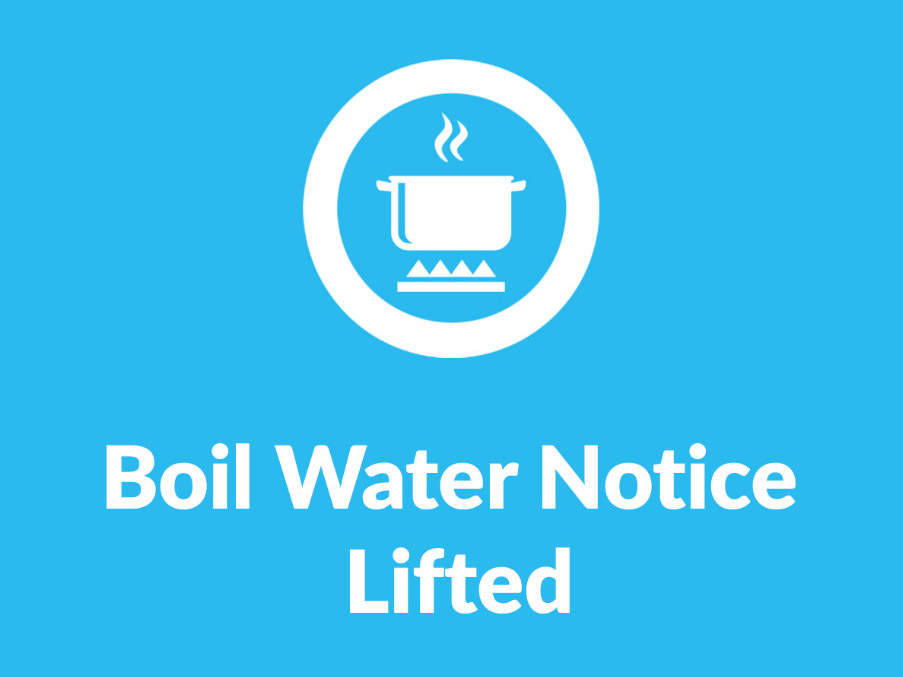The Australian Government has released a medium and long-term strategy that establishes the role gas will play in the transition to net zero by 2050, securing affordable gas for Australia as we move to a more renewable grid, and confirming our commitment to being a reliable trading partner.
Minister for Resources and Northern Australia Madeleine King has released the Future Gas Strategy which will support a Future Made in Australia and ensures decisions on gas supply and production will be based on the best possible information.
The Strategy is centred on six principles that will underpin government policy on gas.
- Australia is committed to supporting global emissions reductions to reduce the impacts of climate change and will reach net zero emissions by 2050.
- Gas must remain affordable for Australian users throughout the transition to net zero.
- New sources of gas supply are needed to meet demand during the economy-wide transition.
- Reliable gas supply will gradually and inevitably support a shift towards higher-value and non-substitutable gas uses. Households will continue to have a choice over how their energy needs are met.
- Gas and electricity markets must adapt to remain fit for purpose throughout the energy transformation.
- Australia is, and will remain, a reliable trading partner for energy, including LNG and low emission gases.
The Future Gas Strategy also includes a detailed analytical report on gas demand and supply produced after an extensive period of work and consultation.
The Strategy identifies the following actions:
- Prevent gas shortfalls by working with industry and state and territory governments to encourage more timely development of existing gas discoveries in gas-producing regions.
- Reduce gas related emissions by working with industry and regulators to minimise venting and flaring of methane from operations and consider further emissions reductions measures through the Government’s six decarbonisation plans. The Government will also adopt technology-neutral approach to exploration data acquisition to minimise seismic surveying where possible.
- Support households and businesses through the transition to net zero by working closely with the states and territories to manage pricing impacts and the Gas Market Code.
- Empowering First Nations peoples by clarifying consultation requirements for offshore resources activities and pursue benefit-sharing to ensure First Nations people are partners in the transition to net zero.
- Promote geological storage of CO2 and support our region’s transition to net zero by releasing acreage for offshore CCS and establish a new initiative on regional cooperation on transboundary carbon capture and storage which will provide options for energy security and carbon management solutions for our regional partners.
“Gas plays a crucial role in supporting our economy, with the sector employing 20,000 people across the country, including remote and regional communities,” Minister King said.
“Ensuring Australia continues to have adequate access to reasonably priced gas will be key to delivering an 82 per cent renewable energy grid by 2030, and to achieve our commitment to net zero emissions by 2050.
“The Strategy makes it clear that gas will remain an important source of energy through to 2050 and beyond, and its uses will change as we improve industrial energy efficiency, firm renewables, and reduce emissions.
“But it is clear we will need continued exploration, investment and development in the sector to support the path to net zero for Australia and for our export partners, and to avoid a shortfall in gas supplies.”
Gas is crucial for A Future Made in Australia as it supports manufacturing, food processing and refining of critical minerals which will help Australia and the world to lower emissions. Gas supplies 27 per cent of Australia’s energy needs and represents 14 per cent of Australia’s export income.
Gas will play an important role in firming renewable power generation and is needed in hard-to-abate sectors like manufacturing and minerals processing until such time as alternatives are viable and can be deployed.
Since 2022, the Australian Government has introduced the mandatory Gas Code of Conduct, a renewed Heads of Agreement with LNG exporters, and strengthened the Australian Domestic Gas Security Mechanism (ADGSM) to ensure Australian households and businesses have affordable gas supplies.
The Future Gas Strategy is available on the Department of Industry, Science and Resources website.








